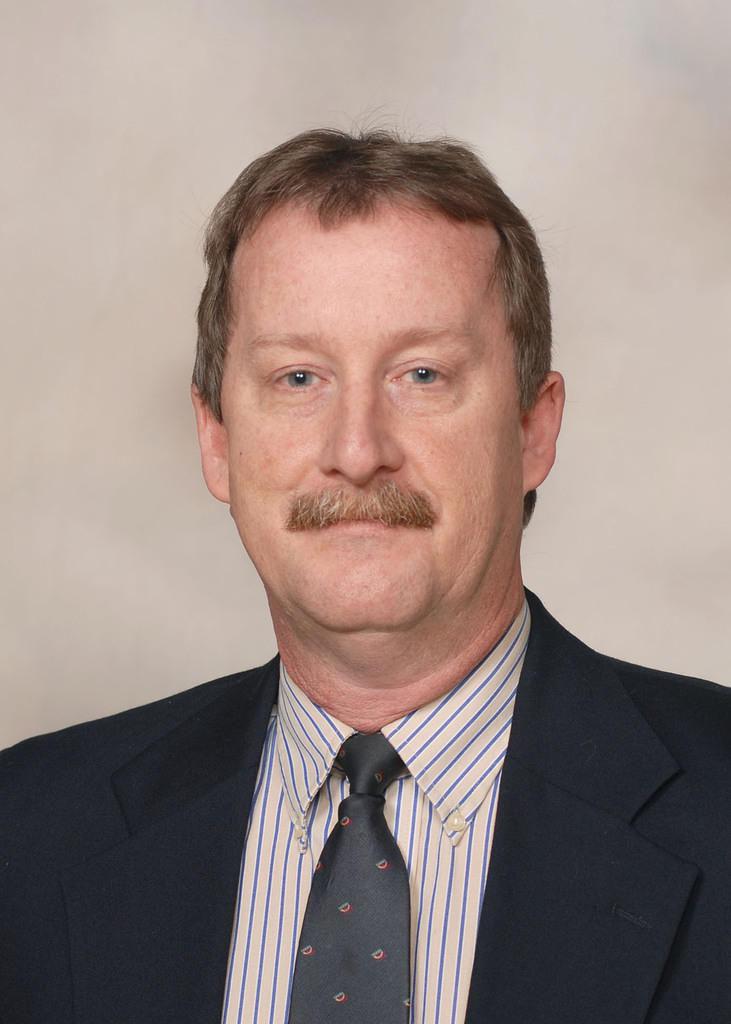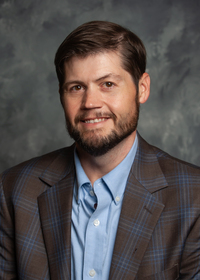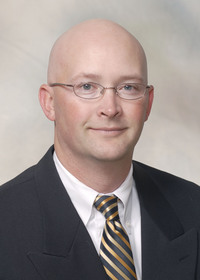Information Possibly Outdated
The information presented on this page was originally released on October 22, 2013. It may not be outdated, but please search our site for more current information. If you plan to quote or reference this information in a publication, please check with the Extension specialist or author before proceeding.
Wildlife society honors MSU associate director
MISSISSIPPI STATE --The associate director of two research centers at Mississippi State University is a new Fellow in The Wildlife Society.
Loren W. “Wes” Burger Jr., a professor in the Department of Wildlife, Fisheries and Aquaculture, was recognized for exceptional service to the wildlife profession at the 2013 annual meeting of The Wildlife Society. Burger serves as associate director of the MSU Forest and Wildlife Research Center and the Mississippi Agricultural and Forestry Experiment Station.
Burger’s research interests include bobwhite quail and grassland bird ecology and management. He served as project coordinator for the U.S. Department of Agriculture’s Northern Bobwhite Habitat Restoration Project, a research effort to determine wildlife response to Farm Bill conservation practices.
On behalf of USDA-Farm Service Agency, Burger designed and coordinated a national monitoring program to measure the response of bobwhite and grassland birds to a new conservation buffer practice. For more than two decades, Burger has led research programs focused on integrating wildlife conservation into agricultural production systems.
“Wes Burger is an exceptional administrator and advances agriculture and natural resources within our state,” said MSU College of Forest Resources Dean George Hopper. “He has a proven track record of securing extramural grants and leading interdisciplinary programs, making him a tremendous asset to the research programs at Mississippi State.”
Burger is a Grisham Master Teacher and was named the Dale H. Arner Professor of Wildlife Ecology and Management in the College of Forest Resources. He holds bachelor’s degrees in biology and mathematics from Murray State University. He earned his master’s degree and doctorate in wildlife biology from the University of Missouri.
Founded in 1937, The Wildlife Society is an international scientific and educational organization representing more than 9,100 wildlife professionals.
For more information on The Wildlife Society, visit http://www.wildlife.org.







